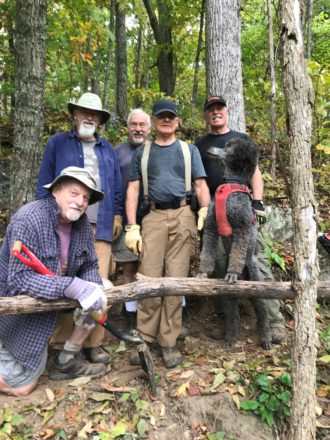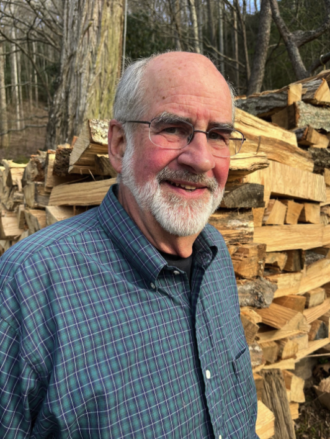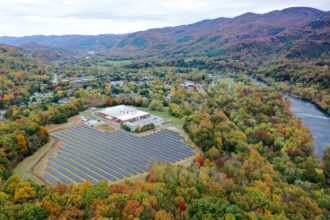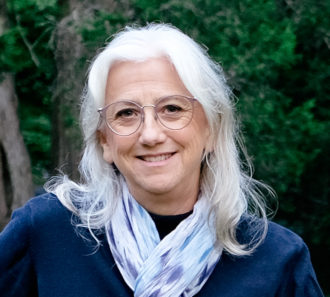The passionate group of retired volunteers spent three years building the trail.


The passionate group of retired volunteers spent three years building the trail.

Jane L. Laping is a member of Asheville GreenWorks’ Oakley TreeKeepers.

Adam Edge, a senior at Martin L. Nesbitt Discovery Academy, shares his thoughts and concerns about the environment.

Allie Daum is a junior at UNC Asheville, where she serves as co-director of the Student Environmental Center.

“Most people are really good at bringing their own water bottle,” says Kathleen Hahn from DANCECLUB Asheville.

Monroe Gilmour is a community organizer based in Black Mountain.

Alison Ormsby is the director of sustainability and lecturer in environmental studies at UNC Asheville.

Hartwell Carson has served as a French Broad Riverkeeper with MountainTrue for over a decade.

Dareck B. Luebbert is a senior at Mars Hill University. He is the co-leader of the university’s Environmental Actions Club and is passionate about bringing awareness about environmental issues through social media.

The Warren Wilson College professor profiles one woman in each U.S. state who’s making a difference on the environmental front.

Gardeners and farmers are some of the first folks to be impacted by climate change. We pay attention to the temperature, sun, wind, rain, and rhythms of the living world. And when things like weather become more erratic or unpredictable, our crops feel it. Wild weather is becoming more and more the norm, so it will behoove us to learn to adapt.

The microgrid includes 2 megawatts of solar panel capacity and 4.4 MW of battery storage. Those resources are enough to power the entire town for an extended period if its connection to the main grid is disrupted.

Author Laura Lengnick discusses our individual and collective health, healthy ecosystems and the power of silence.

On Dec. 30, the nonprofit completed the purchase of 34 acres in Brevard to expand the preserve. The new land will bolster the existing 395-acre park, owned by the city of Brevard, which connects to the Pisgah National Forest.

The recent decision to harvest 26 acres that encompass an old-growth patch of forest on a 3,500-foot mountaintop – the Southside Project – underscores what some say is the widening incongruity between the U.S. Forest Service’s mission, climate change crisis and the public’s will.

Scientists say old-growth forests are essential tools in the fight against climate change. Harvesting them releases greenhouse gasses, worsening climate impacts.

Backed by a $400,000 grant from the N.C. Land and Water Fund, the nonprofit Mills River Partnership is restoring roughly 14 acres of riverside near the plant. Maria Wise, the nonprofit’s executive director, says her organization will stabilize the riverbanks and replace invasive plants with native varieties.

The recent decision to harvest 26 acres that encompass an old-growth patch of forest on a 3,500-foot mountaintop — the Southside Project — underscores what some say is the widening incongruity between the U.S. Forest Service’s mission, climate change crisis and the public’s will.

In partnership with the WNC Farmers Market, the Asheville zoo launches its Educational Farmers Market Garden starting Wednesday, Nov. 16. The new exhibit focuses on sustainable relationships between agriculture and nature.

Of the 20 North Carolina sites in the new report, six are in Western North Carolina — including the nonprofit’s No. 1 site, Interstate 40’s path through the Pigeon River Gorge.

More than a year after the waters have receded, less than half of state funds assigned to help those in need have been allocated for specific work. That’s according to a presentation by the N.C. Office of State Budget and Management slated to come before the Buncombe County Board of Commissioners Tuesday, Sept. 20.